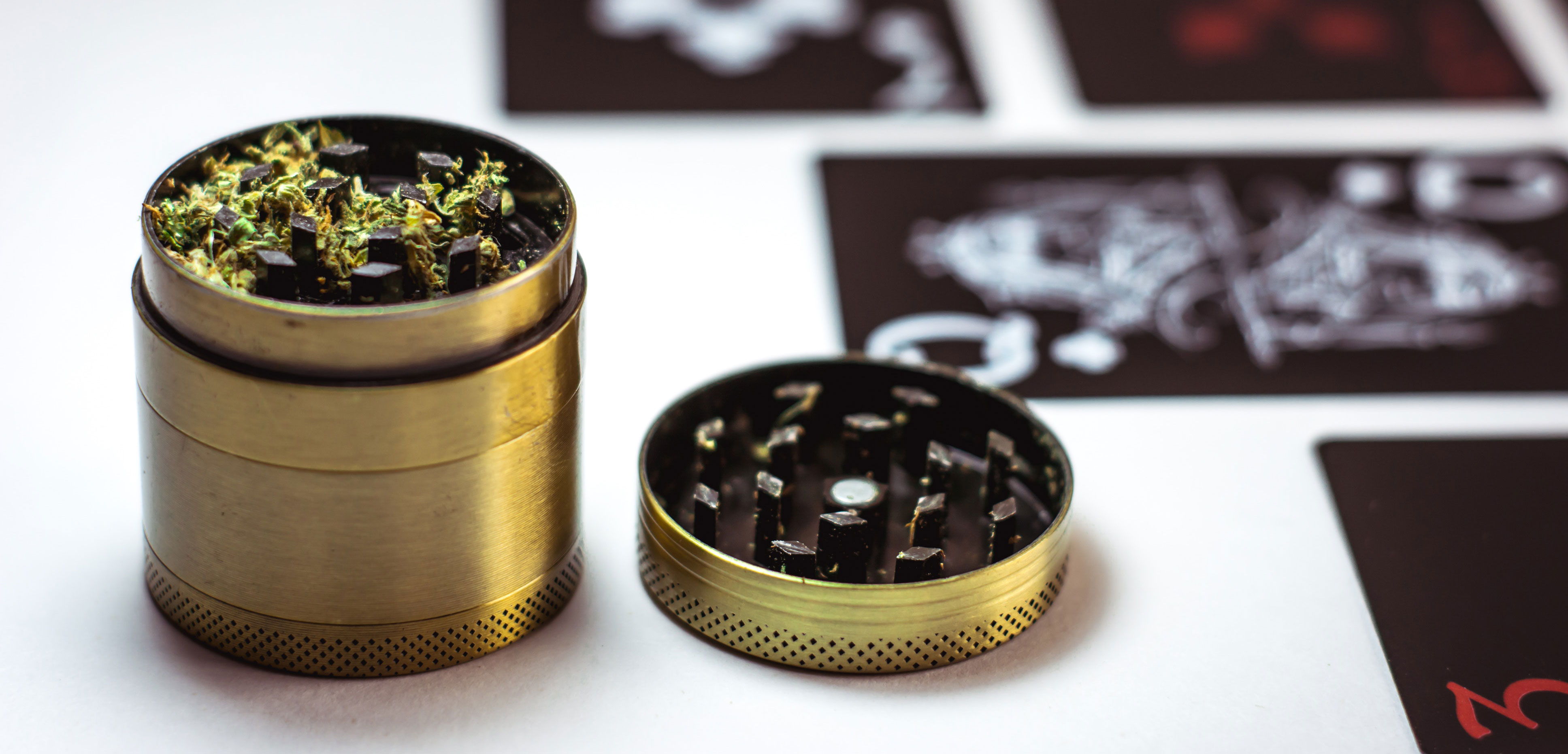Open PDF file, 905.18 KB, for Guidance for Municipalities on medical marijuana laws and regulations (PDF 905.18 KB) Open PDF file, 780.04 KB, for Clarification of.
Toggle navigation. Browse by State:.

PossessionIn November of 2012, 63 percent of voters endorsed, making Massachusetts the 18th state in the country to allow medical marijuana use. Under the medicinal marijuana statute, which went into effect in 2013, qualifying patients 18 years of age or older with certain debilitating medical conditions can possess and use marijuana if they have a physician certification. Without the necessary paperwork for medicinal marijuana, the possession of medical marijuana in Massachusetts is against the law.Under Massachusetts' new recreational cannabis laws, adults 21 years of age or older are allowed to possess up to one ounce of marijuana or 5 grams of concentrate outside of their residence and up to ten ounces of marijuana inside their residence. Additionally, adults may possess and cultivate up to 6 marijuana plants with a maximum of 12 per household. Purchasing LimitsThe amount of medical marijuana a patient may purchase in Massachusetts is currently limited to a 60 day supply of up to 10 ounces from a dispensary with each prescription. Patients might be able to purchase more if their doctor deems it medically necessary.As of November 20, 2018, recreational dispensaries are officially open to the public.
Massachusetts Marijuana Laws Recreational
Adults 21 years of age or older with a valid, government-issued ID are able to purchase up to one ounce of marijuana or 5 grams of concentrate. Medical MarijuanaA physician certification is a document signed by a doctor who believes the benefits of using marijuana outweigh the risks in your case. The physician certification also states the debilitating condition, which may include any of the following:.
AIDS. Amyotrophic lateral sclerosis (ALS). Cancer. Crohn's disease.
Glaucoma. Hepatitis C.
HIV. Multiple sclerosis (MS). Parkinson's disease. Other debilitating conditions as determined in writing by your doctorKeep in mind that Massachusetts' medicinal marijuana law doesn't allow qualified patients to obtain a physician certification from just any physician. Patients must have a 'bona fide physician-patient relationship' in an effort to prevent doctor mills from popping up and churning out baseless medicinal marijuana certifications.Under the law, a bona fide physician-patient relationship exists between doctors acting in the regular course of their practice and a patient with whom they've had a complete clinical visit. The doctor must complete and document an assessment of the patient's current medical conditions and medical history, explain the risks and benefits of marijuana use, and play a role in the patient's treatment and ongoing care.


Typically speaking, these certifications will cost around $200 (from places like Canna Care or GreenWay Massachusetts).Patients also need to register with the to receive an ID card authorizing you to have medical marijuana. The registration fee is $50 unless your income falls below 300 percent of the federal poverty level. Once approved, patients will need to have their Program ID Card and a state-issued photo ID with them to possess or purchase medical marijuana legally. Once a patient's certification and registration are in order, they are allowed to possess a sixty-day supply of marijuana, or up to 10 ounces, unless a doctor determines their condition warrants higher doses.
Transporting MarijuanaUnless you are an adult 21 years of age or older, registered medical marijuana patient, caregiver or an agent of a registered marijuana dispensary, in Massachusetts is illegal. Patients with valid medicinal marijuana ID cards are allowed to carry as much marijuana as their doctor prescribes for a 60-day supply. As stated above, that limit is 10 ounces unless a patient's doctor prescribes otherwise.Registered caregivers may transport a patient to and from marijuana dispensaries or purchase marijuana for the patient from a dispensary and transport it to the patient.
Additionally, agents of dispensaries are allowed to transport marijuana to other dispensaries, testing facilities, and to the homes of caregivers and registered patients.Adults 21 years of age or older are allowed to carry and transport up to their legal limit of one ounce of marijuana or 5 grams of marijuana concentrate. Exporting MarijuanaEven though medical and recreational marijuana are both legal in Massachusetts (and nearly half the country), marijuana is still an illegal controlled substance under federal law. This means that if you travel across state lines with it, you could be charged with a felony crime at the federal level.
Massachusetts Laws On Transportation Of Marijuana Laws
Similarly, you might be arrested for possession in a state that doesn't allow cannabis, even if you are a legally registered medical marijuana patient in Massachusetts.Some states that allow medical marijuana have reciprocity with other states, which means they honor one another's medical marijuana prescriptions. However, that still doesn't mean that you can transport your marijuana across state lines. Instead, you'll likely have to register with the state you're visiting and purchase any medical marijuana you need from a dispensary in that state.
CultivationMassachusetts' medical marijuana law allows both registered patients and caregivers to cultivate cannabis. Registered patients may cultivate marijuana if requiring them to purchase their medical cannabis from a dispensary would result in 'hardship.' That means their access to dispensaries is limited by documented financial hardship, a physical inability to access transportation, or the lack of a dispensary within a reasonable distance from the patients' homes. As of 2013, patients can also get a written recommendation from their physicians to cultivate marijuana.For those who qualify for the hardship exception, they or their caregivers may grow a limited number of marijuana plants — only as many as are sufficient to yield a 60-day supply.
They can only cultivate and store their marijuana in an enclosed, locked area hidden from public view. The marijuana can be cultivated at the caregiver's primary residence or the patient's, but not both.With the passing of Question 4 in November 2016, adults 21 years of age or older are in their residence with a maximum of 12 plants per household.